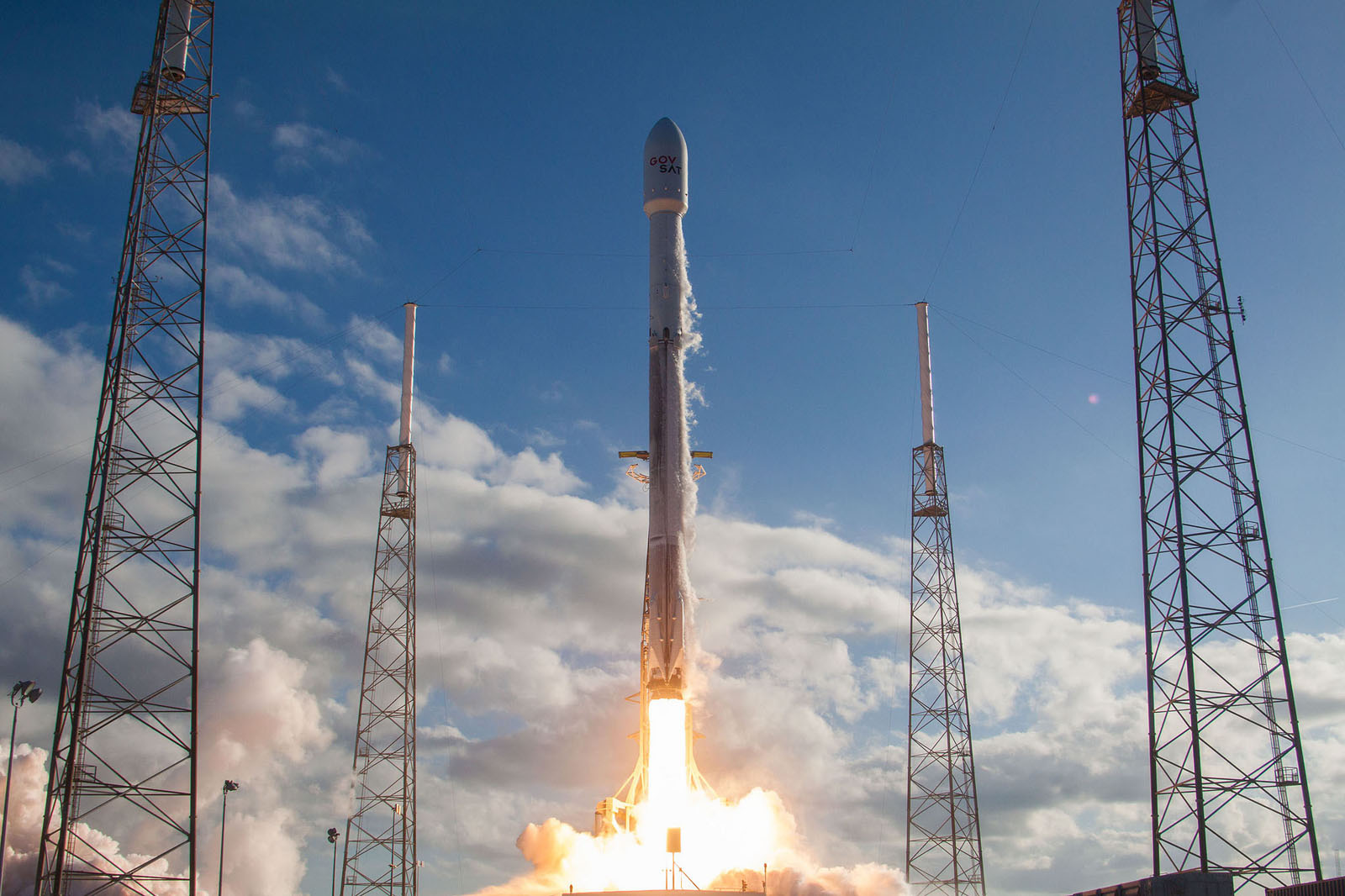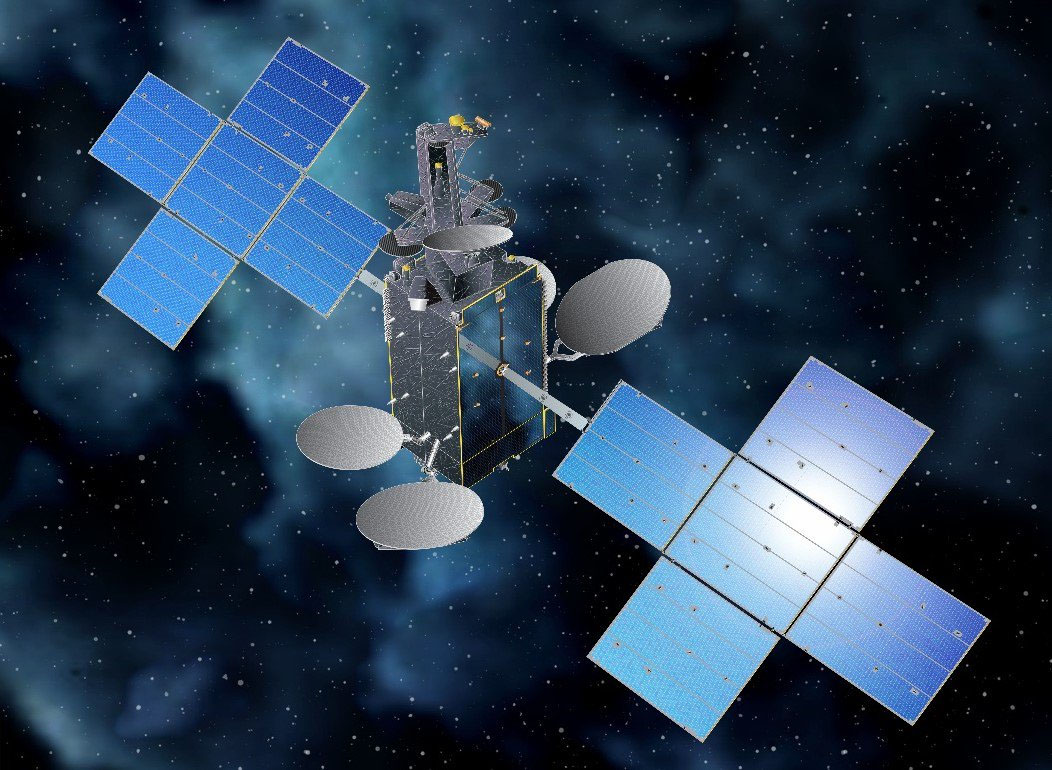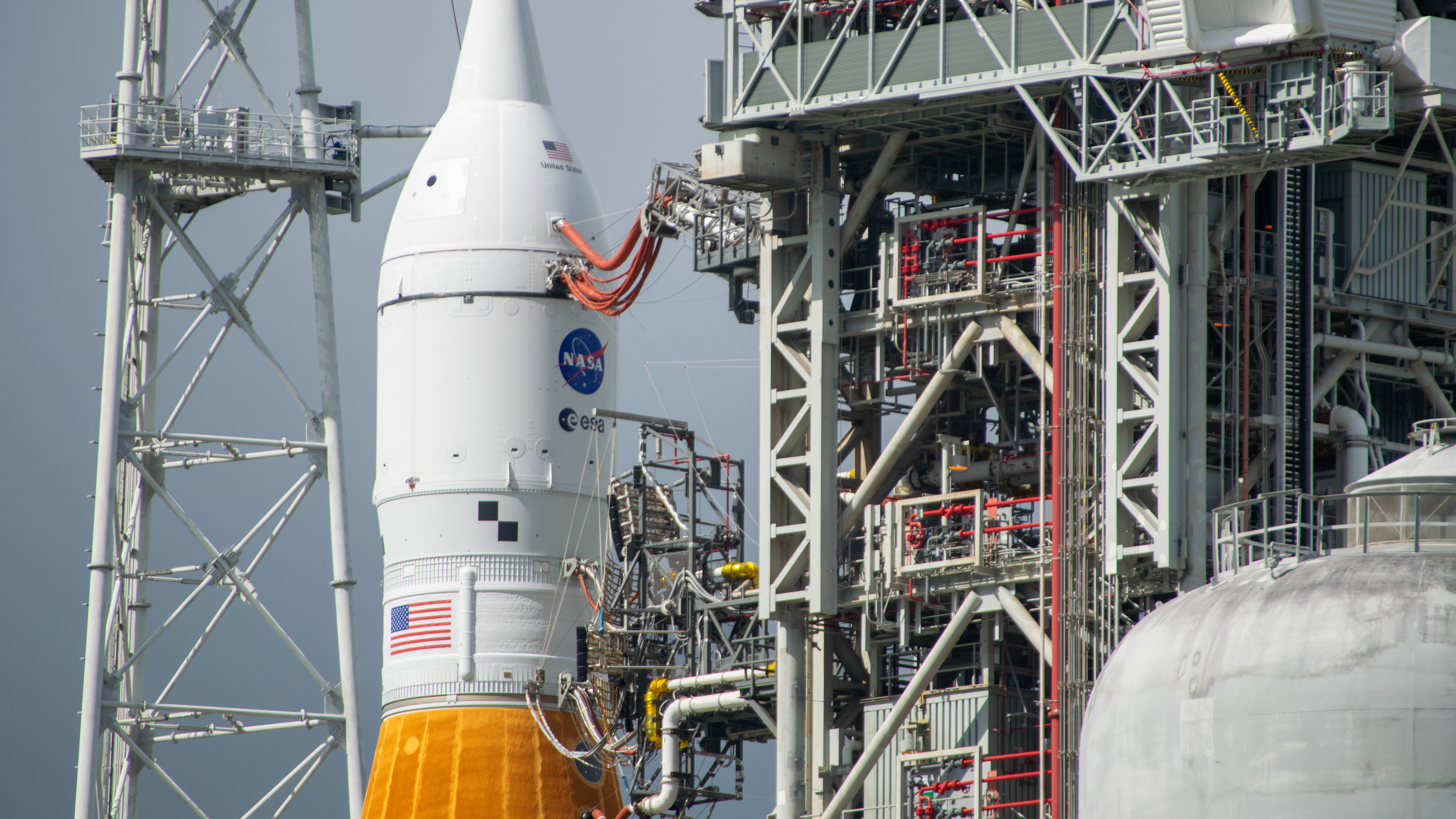SpaceX Delays Next Falcon 9 Rocket Launch to Conduct Nose Cone Checks

SpaceX has delayed its weekend launch of a Spanish communications satellite to allow time for extra tests on the mission's Falcon 9 rocket.
The Falcon 9 was scheduled to launch the Hispasat 30W-6 communications satellite Sunday (Feb. 25) at 12:35 a.m. EST (0535 GMT) from Space Launch Complex 40 at the Cape Canaveral Air Force Station in Florida. But on Saturday, SpaceX said it needed extra time to test the rocket's payload fairing, the clamshell-like nose cone that protects satellites during flight. A new launch date has not yet been announced.
"Standing down from this weekend's launch attempt to conduct additional testing on the fairing's pressurization system," SpaceX representatives wrote on Twitter. "Once complete, pending range availability, we will confirm a new targeted launch date." [6 Surprising Facts About SpaceX]
SpaceX is not the only one hoping to launch a space mission from Cape Canaveral Air Force Station in the next week. On Thursday (March 1), NASA and the United Launch Alliance are scheduled to launch an Atlas V rocket carrying the new GOES-S weather satellite from Space Launch Complex 41 at the station.
So, SpaceX may only have a short time to complete the Falcon 9 fairing checks before having to wait until after the GOES-S launch later next week for another opportunity.
"The launch will take place as soon as the incident is resolved and the launch window with the greatest chances of success is available," Hispasat, the satellite communications company that owns the Hispasat 30W-6 satellite, said in a statement.
Hispasat 30W-6 will provide television, broadband and other communications services to Hispasat customers across Europe, North Africa and the Americas, according to a Hispasat description. The satellite will orbit the Earth in a geosynchronous orbit in the 30-degrees west position, and serve as a replacement for the older Hispasat 30W-4 satellite. Hispasat 30W-6 is designed to last at least 15 years in orbit.
Breaking space news, the latest updates on rocket launches, skywatching events and more!
The launch of Hispasat 30W-6 will follow close after SpaceX's successfully launch of another mission for Spain. On Thursday (Feb. 22), a SpaceX Falcon 9 rocket launched the Paz Earth radar-imaging satellite into orbit for the Spanish company Hisdesat. Two prototype satellites for SpaceX's Starlink broadband internet constellation also launched on that mission.
Email Tariq Malik at tmalik@space.com or follow him @tariqjmalik and Google+. Follow us @Spacedotcom, Facebook and Google+. Original article on Space.com.

Tariq is the award-winning Editor-in-Chief of Space.com and joined the team in 2001. He covers human spaceflight, as well as skywatching and entertainment. He became Space.com's Editor-in-Chief in 2019. Before joining Space.com, Tariq was a staff reporter for The Los Angeles Times covering education and city beats in La Habra, Fullerton and Huntington Beach. He's a recipient of the 2022 Harry Kolcum Award for excellence in space reporting and the 2025 Space Pioneer Award from the National Space Society. He is an Eagle Scout and Space Camp alum with journalism degrees from the USC and NYU. You can find Tariq at Space.com and as the co-host to the This Week In Space podcast on the TWiT network. To see his latest project, you can follow Tariq on Twitter @tariqjmalik.

